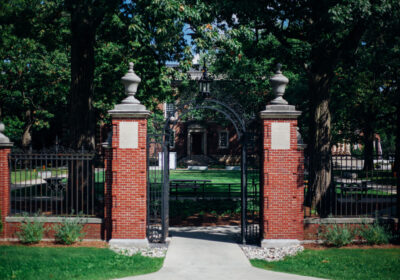In his recent Forbes article, The College Admission Precedent, Brendan Barnard asks us to please stop using the word unprecedented when describing the college process this year because it is “an unwelcome and constant reminder of just how uncertain the past months have been, as our world reels in the face of a global pandemic.” I’m not bothered by it, but what I love about his piece is the focus on the constants. Year over year, things really don’t change all that much. A few quotes I pulled that remind us to keep moving forward, take a deep breath, and stay the course:
Jonathan Burdick, vice provost for enrollment at Cornell University points out that “the basic timing for college learning and degree-seeking as a life event doesn’t seem to have faced the same kind of profound disruption as other related activities.” He says, “with minor exceptions, we’re still seeing students aiming to complete their high school career on time and begin their college career shortly after, and the same for students progressing from college to career or to graduate and professional schools.” He adds, “even when the mechanisms and the anticipated experience are uncertain or have significantly changed, most—really almost all—students seem committed to their anticipated timeline and progress without interruption.”
Jeff Schiffman, director of admission at Tulane University agrees. He says, “frankly, the applications themselves were not substantially different from previous years. Yes, we saw more students mentioning ‘caring for younger siblings’ in their extracurricular list, and yes we saw a few times where the “12” was missing from the grades the student played tennis, but overall most applications were not markedly different from previous years.” He adds, “to me, it felt mostly like business as usual.”
Todd Rinehart, vice chancellor for enrollment at the University of Denver at the current NACAC president points out that, “while much has changed this year in the way colleges and students engage with each other and how college admission officers conduct their work, students can take solace that the application reading and evaluation process is still grounded in the same principles and factors as previous years.” He adds, “admission counselors may be working remotely, but our reading and committee work will continue successfully, providing students full consideration for admission and scholarships. That process will not be jeopardized!”
And my favorite — please please students take this man’s advice and get apps in EARLY:
To that end, Andy Borst, director of undergraduate admissions at the University of Illinois at Urbana/Champaign highlights another enduring truth about how students apply to college. He says, “it is human nature to apply right before the deadline. Of our Early Action applicants, over half came in within the final two days of our deadline. This has been true for each of the last several years. It doesn’t appear to matter if our deadline is November 1 or November 15, most students will apply within a few days of the deadline.” While unlikely, a change to this precedent would be welcome by many anxious parents and educators!
*Stay in the know! Subscribe*



